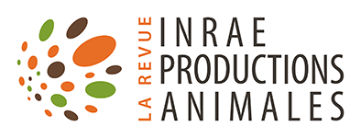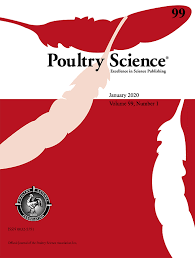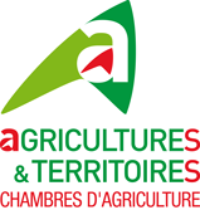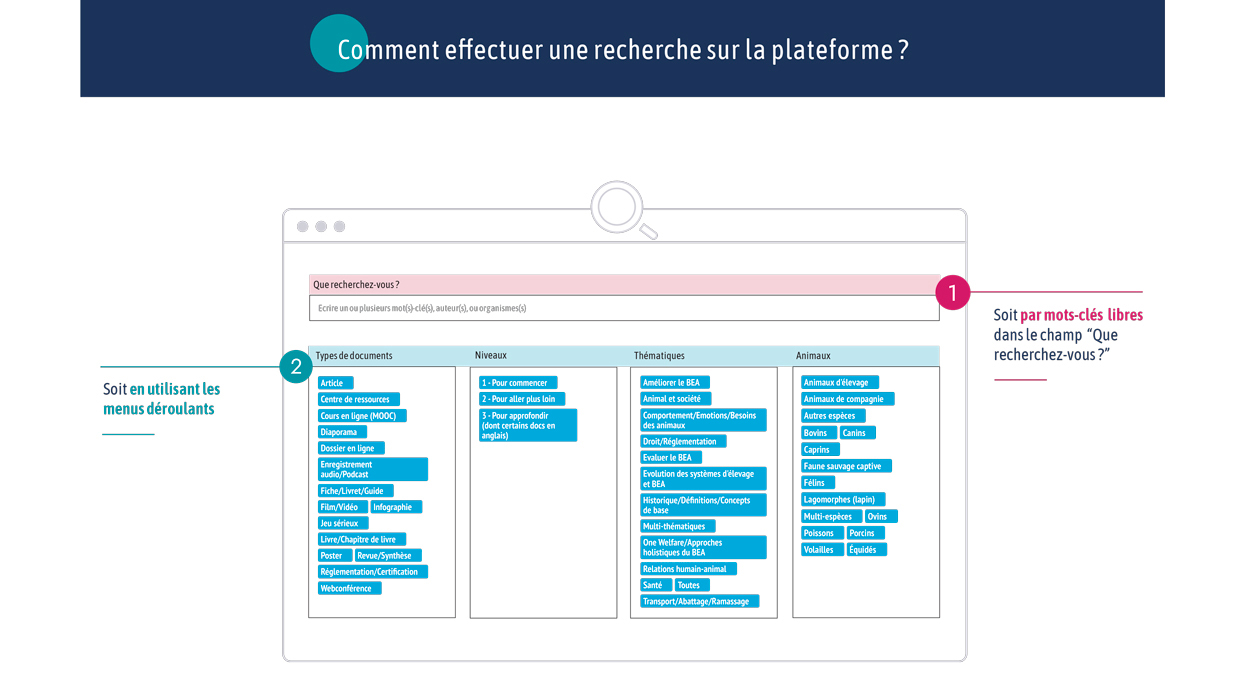Type de document : article de revue publié dans INRAE Productions Animales
Auteurs : Maxime Delsart , Françoise Pol, Barbara Dufour, Nicolas Rose, Christelle Fablet
Chapeau en français (original) : Les systèmes d’élevages alternatifs, dont l’image dans la société est souvent idéalisée, permettent aux porcs d’exprimer un éventail de comportements plus large que dans les élevages confinés. Ces élevages présentent de réels atouts, mais ils doivent aussi relever des défis, notamment en termes de biosécurité, de santé animale et de santé publique. Paradoxalement, certains peuvent aussi présenter quelques limites en termes de bien-être animal.
Résumé en anglais (fourni par les auteurs) : Pig farming in alternative systems: strengths and challenges in terms of animal welfare, biosecurity, animal health and safety
In pig production, the conventional indoor system with a slatted floor currently dominates. However, this production system is becoming less socially acceptable, with a growing number of citizens expressing a desire for outdoor access for livestock to improve their welfare. In this context, alternative production systems are gaining ground. Although they are popular with consumers and citizens, these alternative systems have points of potential criticism. Here, we reviewed the international scientific literature on animal welfare, biosecurity, animal health and pork safety in alternative pig-production systems. In general, alternative farms give pigs the opportunity to express a wider ethogram (i.e. set of behaviors) than pigs on conventional farms, and pigs in these farming systems seem to have fewer respiratory diseases. However, management of feeding, watering, temperatures and predators is often more complicated in these outdoor systems. In addition, biosecurity measures seem to be more difficult to apply and observe than those on conventional farms, especially in free-range systems. Both parasitism and piglet crushing (in farrowing units) remain a real challenge. Furthermore, the higher prevalence of many zoonotic pathogens on these farms may represent a risk to human health.







